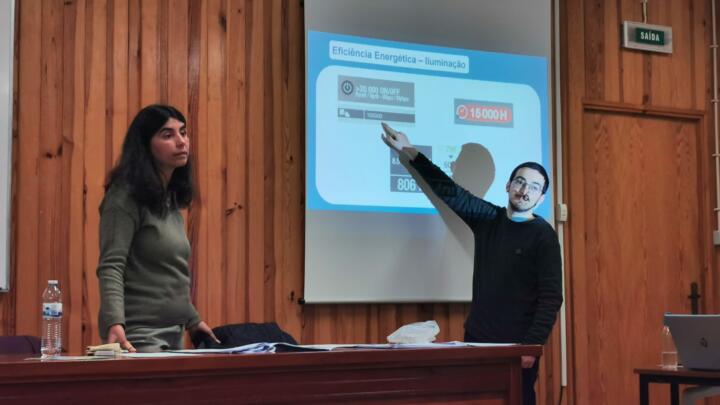Energy community partners:
Coopérnico
- Engage
- Support
Energy poverty affects 13.5% of households in Portugal. The country’s first renewable energy cooperative, Coopérnico has been placing citizens at the heart of a decentralised and sustainable electricity systems since 2013. The Coopérnico model is committed to:
- 100% renewable energy
- creating social value
- local development
- transparency and integrity
To date, Coopérnico has triggered investments of >€1.8 mln in renewable energy infrastructure (e.g. solar PV panel installations) through cooperative loans by which members lend capital to charities that want to reduce their energy bills. The action typically reduces energy costs by 10-20%, leaving more budget for delivery of services.
Leveraging their in-depth knowledge of innovative funding and experience working with this model, Coopérnico will expand its activities to address energy poverty at the household level. Specifically, it will add to its services affordable loans to finance PV installations in energy-poor households to support self-consumption, leading to energy savings of ~6 GWh/yr. Based on the 2017 national average emission rate of 360 gCO2/kWh consumed, Coopérnico will reach a reduction total of 2 160 tCO2/yr.
By collaborating with regional charities, Coopérnico will double the yearly investment rate (€500 000), thereby securing total investment of €2.7 mln over three years.
The Coopérnico model has earned widespread recognition, including as top project (2019) within the Social Innovation to Tackle Fuel Poverty programme, supported by the Schneider Electric Foundation and Ashoka Foundation.
With CEES, Coopérnico will lead development of the toolkit for sustainable finance.
By the fifth year after the project launch, Coopérnico aims to reach 3 450 people in energy poverty, save 0.5 GWh of energy, reduce emissions by 304 tCO2 and trigger €0.46 mln in investment.




